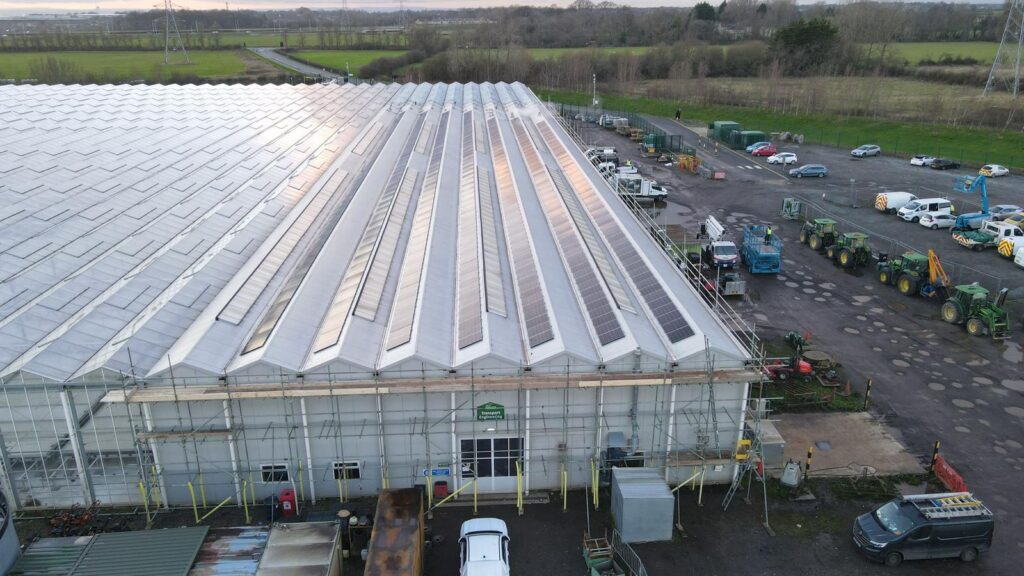The task force assigned to deal with England’s chronic water shortage either lacks awareness of how data centres work or is beholden to Downing Street’s AI obsession.
According to the UK’s National Drought Group [NDG], citizens can take a number of personal steps to help alleviate pressure on England’s water supply. Recommendations include deleting old emails and unused photos stored in the cloud, alongside more traditional measures such as taking shorter showers and making sure taps are turned off.
Britain’s largest nation has experienced an extended period of dry weather lasting several months, with the least amount of rainfall recorded in July since 1976 amongst the contributing factors to widespread drought conditions and restrictions on water use. Hosepipe bans are in place in several regions, reservoirs are running low, even in areas usually prone to high levels of precipitation, while in Northamptonshire part of the Grand Union Canal could soon be forced to close if the lack of downpours continue.
Adding to stress points, England is in the midst of a water infrastructure crisis, with millions of litres lost from fresh drinking supplies due to faulty and outdated pipework, and sewage pollution incidents leading to contamination flash points — residents in almost 200 postcodes were told to boil tap water before drinking it earlier this year due to coliform bacteria. The result is a perfect storm that means a notoriously wet corner of Europe is now at risk of running dry.
‘The current situation is nationally significant, and we are calling on everyone to play their part and help reduce the pressure on our water environment. Water companies must continue to quickly fix leaks and lead the way in saving water. We know the challenges farmers are facing and will continue to work with them, other land users, and businesses to ensure everyone acts sustainably,’ said Helen Wakeham, Environment Agency Director and NDG Chair.
‘We are grateful to the public for following the restrictions, where in place, to conserve water in these dry conditions. Simple, everyday choices – such as turning off a tap or deleting old emails – also really helps the collective effort to reduce demand and help preserve the health of our rivers and wildlife,’ she continued. Official advice also included deleting duplicated or unwanted photos from storage.’
The concept does hold some truth — data centres which hold digital files ‘in the cloud’ consume huge amounts of water. Globally, these facilities currently use around 560billion litres of water annually. However, once data is stored energy use plummets, so there is less of a cooling requirement, which is the main reason water is needed. As such, the idea of saving significant resources by deleting comparatively small file types like emails and images is unlikely to have much impact.
In comparison, reducing the use of artificial intelligence could. According to an article on TECHSPOT, French model builder Mistral AI reports a 400 token response from a query or request – he equivalent to one page of text — uses 45ml of water and 1.14grams of CO2e. Meanwhile, Business Energy UK suggests a single 100 word email composed using ChatGPT-4 will consume more water than a 500ml bottle of water.
As we have reported extensively since Labour’s announcement of its Plan for Change, Downing Street is aggressively pushing an AI agenda across all government departments at a national and local level, meanwhile online content trends are increasingly dominated by this technology. With this in mind, omitting a recommendation for people to reduce unnecessary reliance on thirsty AI models makes those responsible for issuing the advice look poorly-informed at best, biased at worst.
Image: David Becker / Unsplash
More on Data Management:
English councils’ AI tool treats male and female patients differently



















Leave a Reply